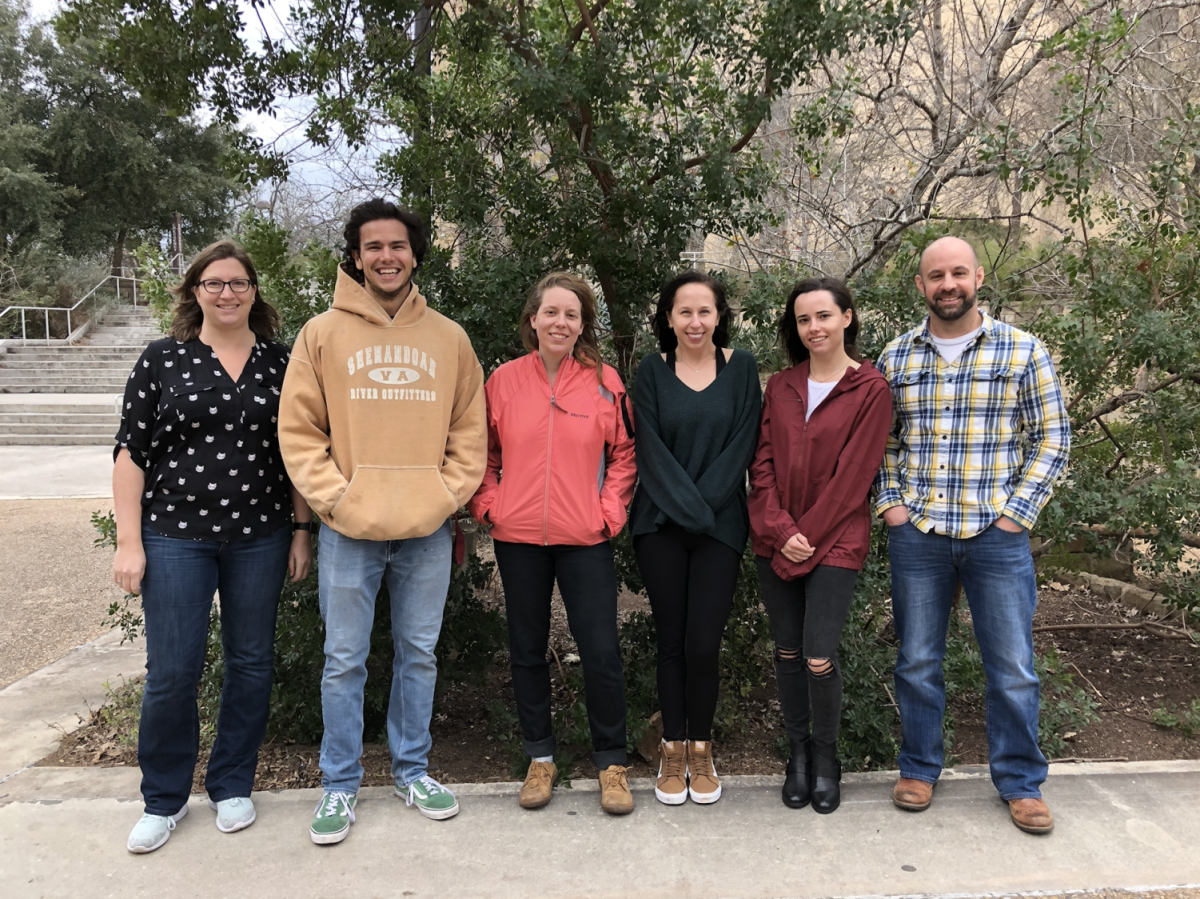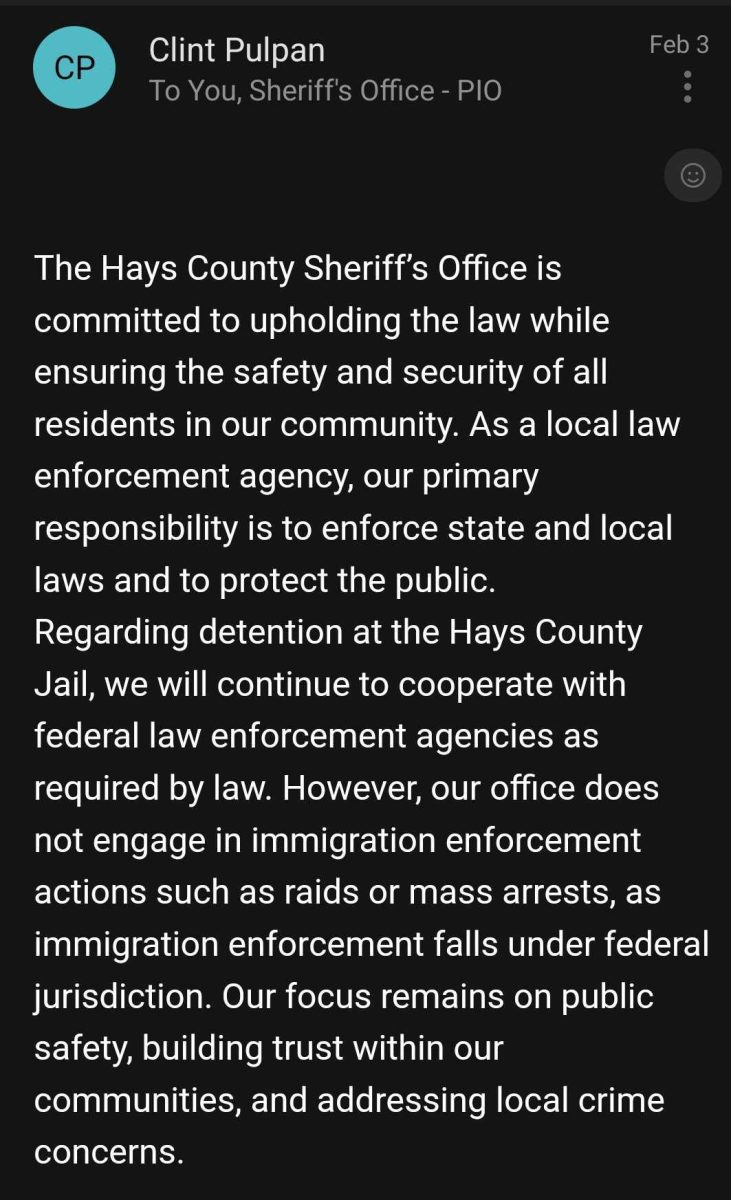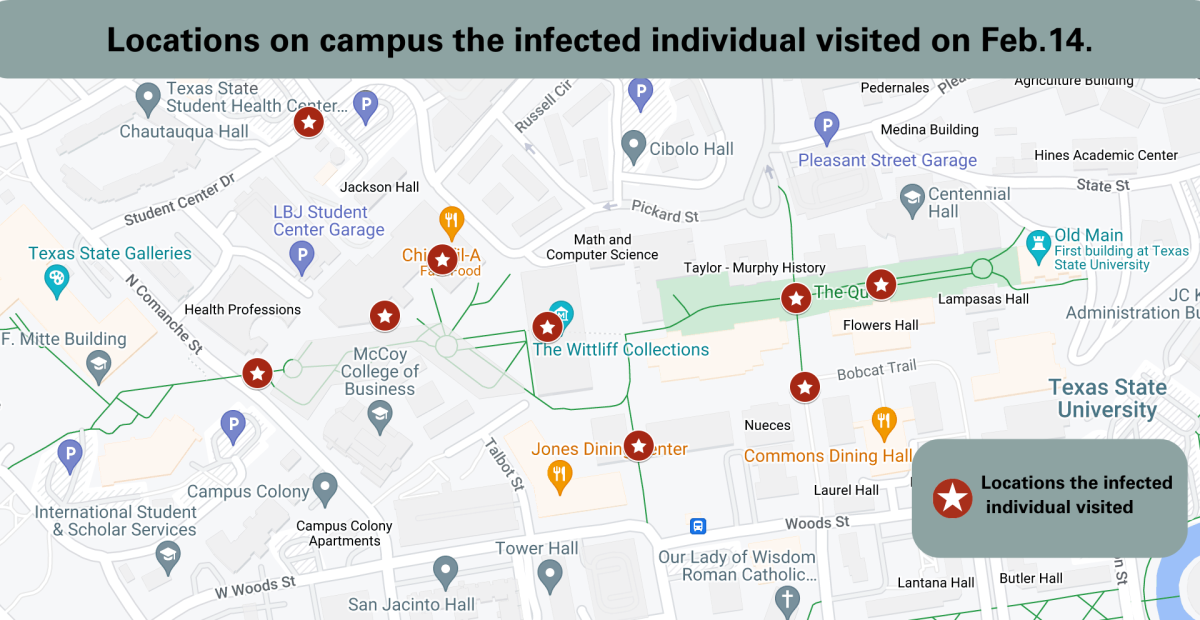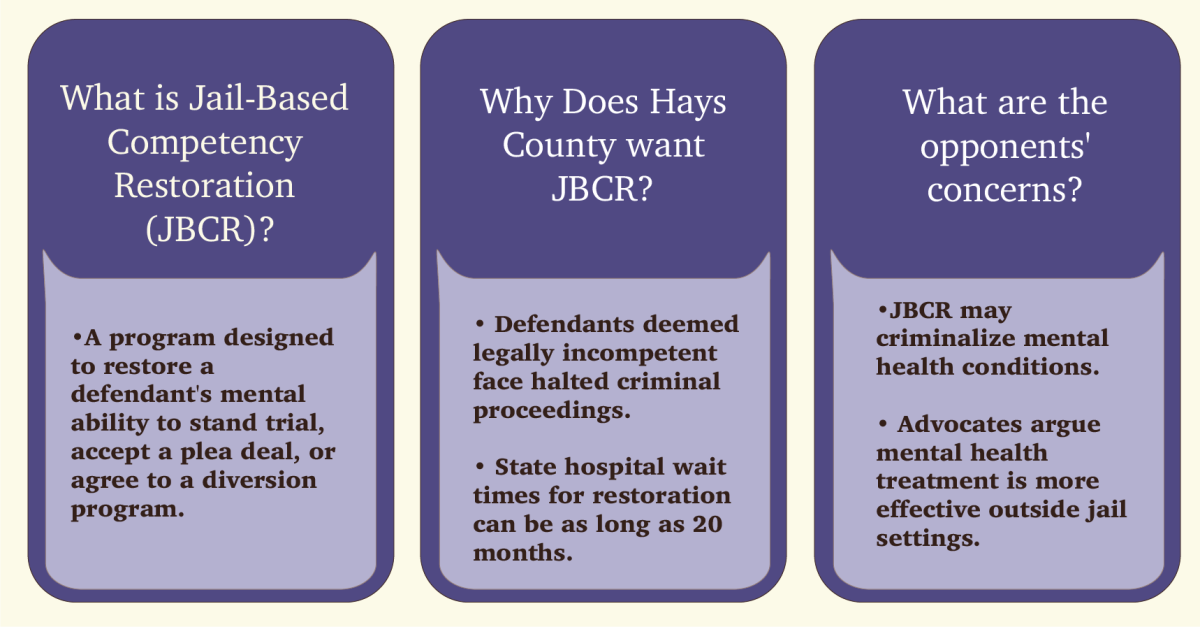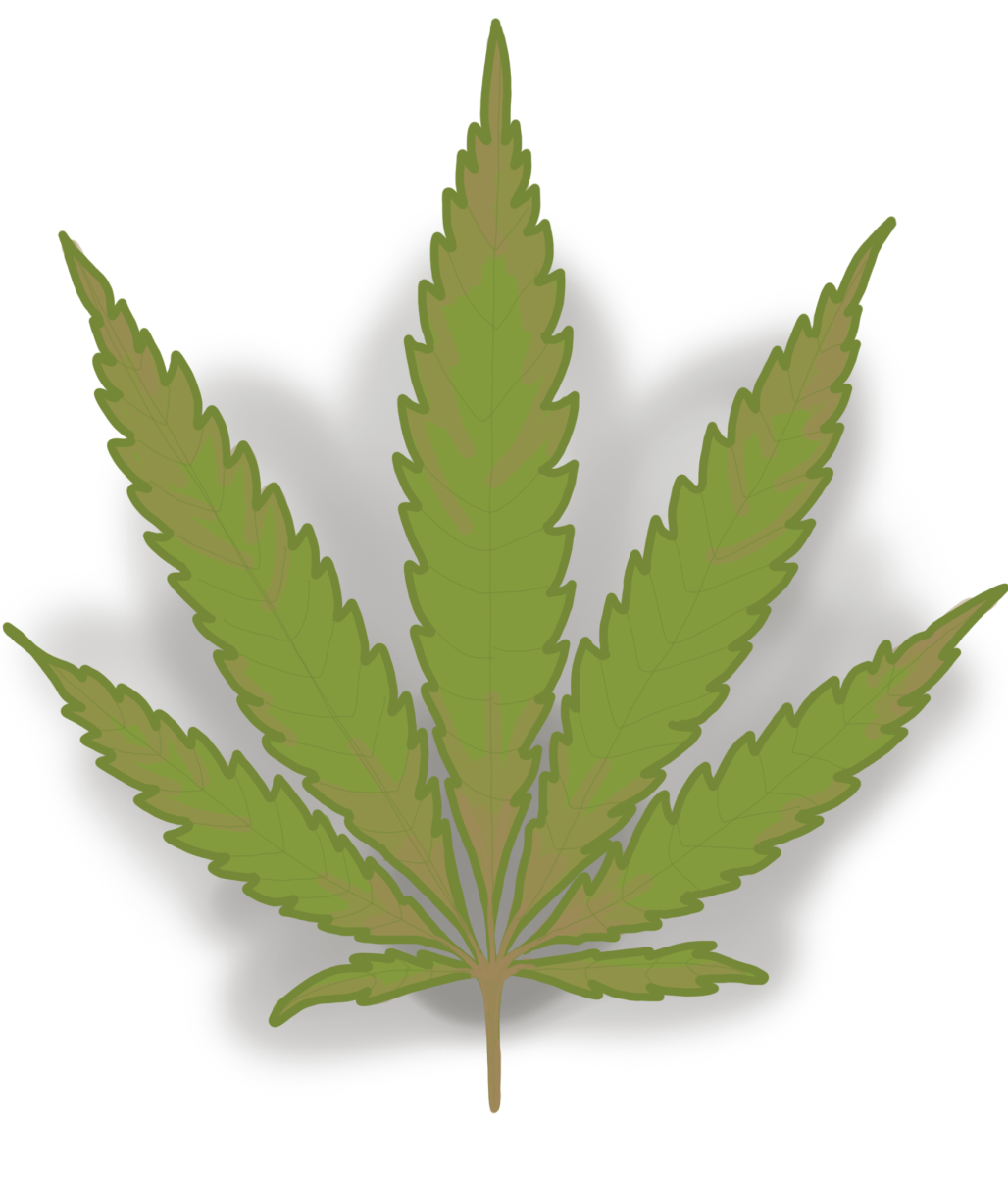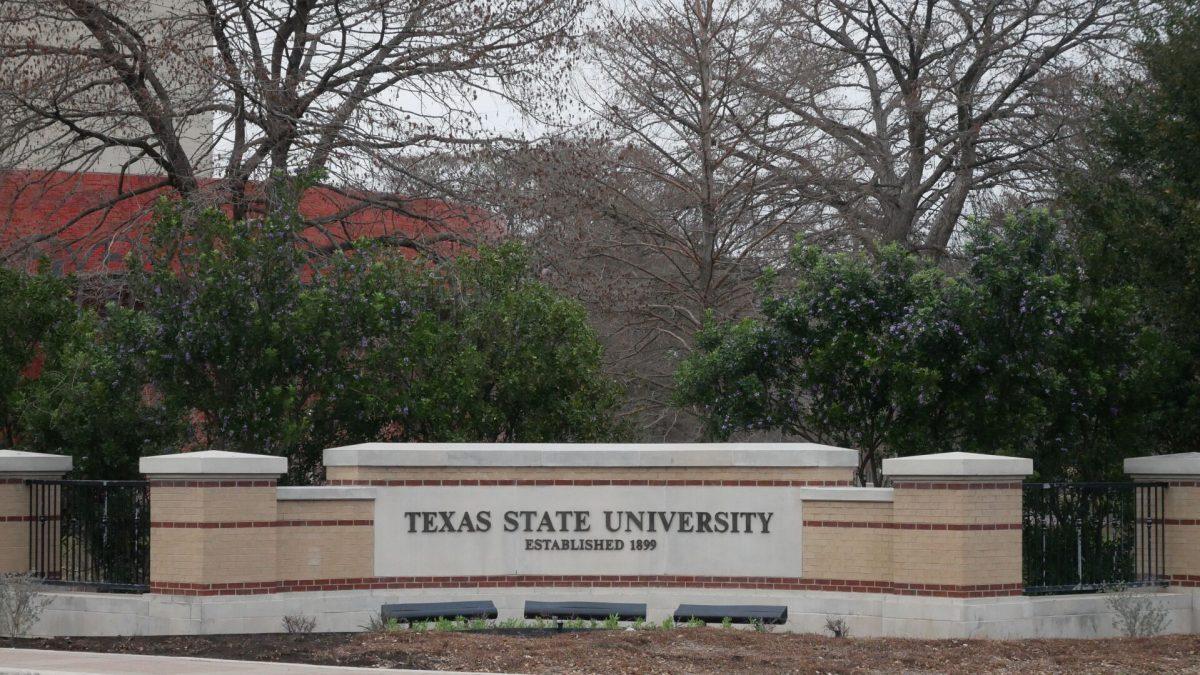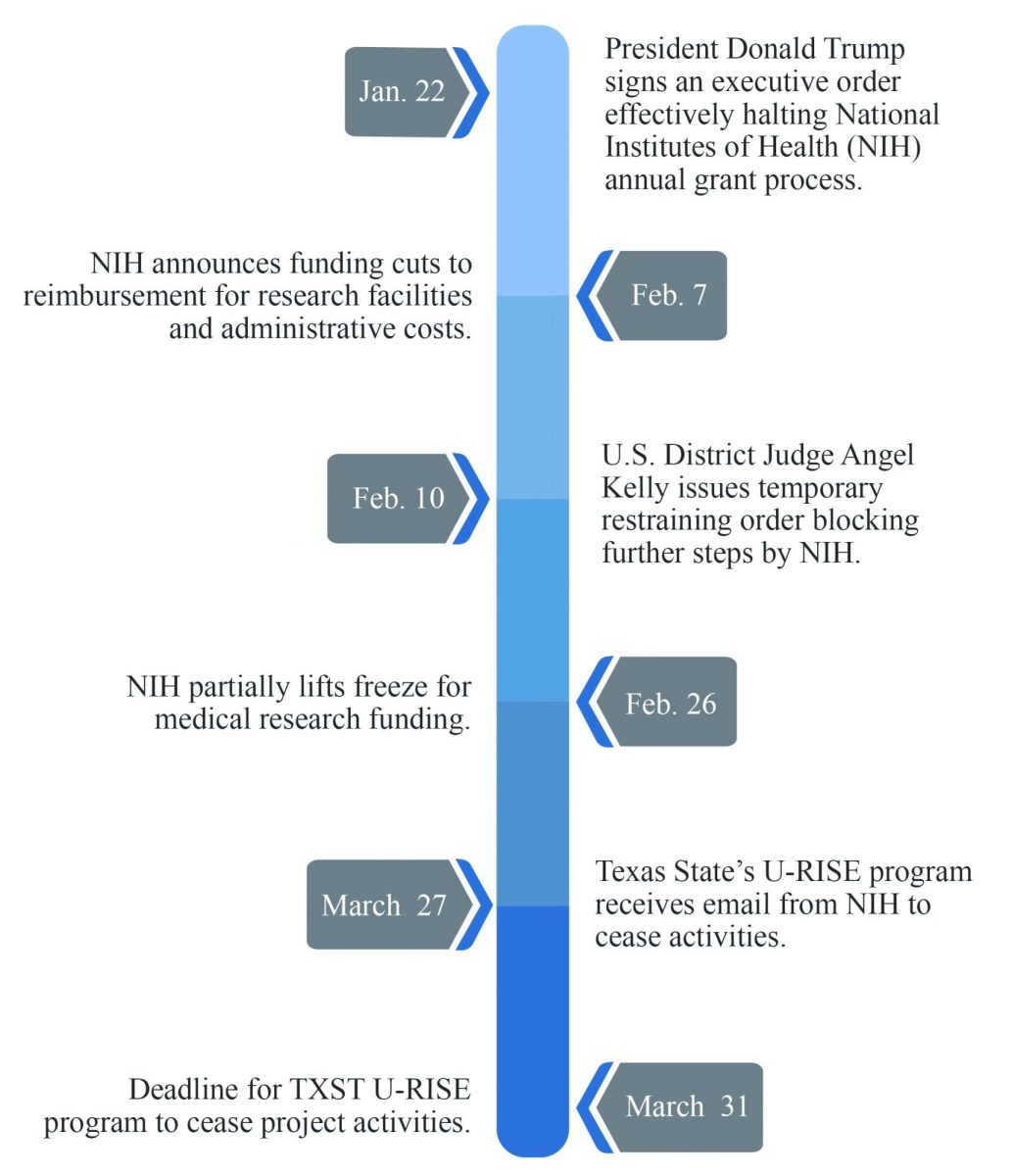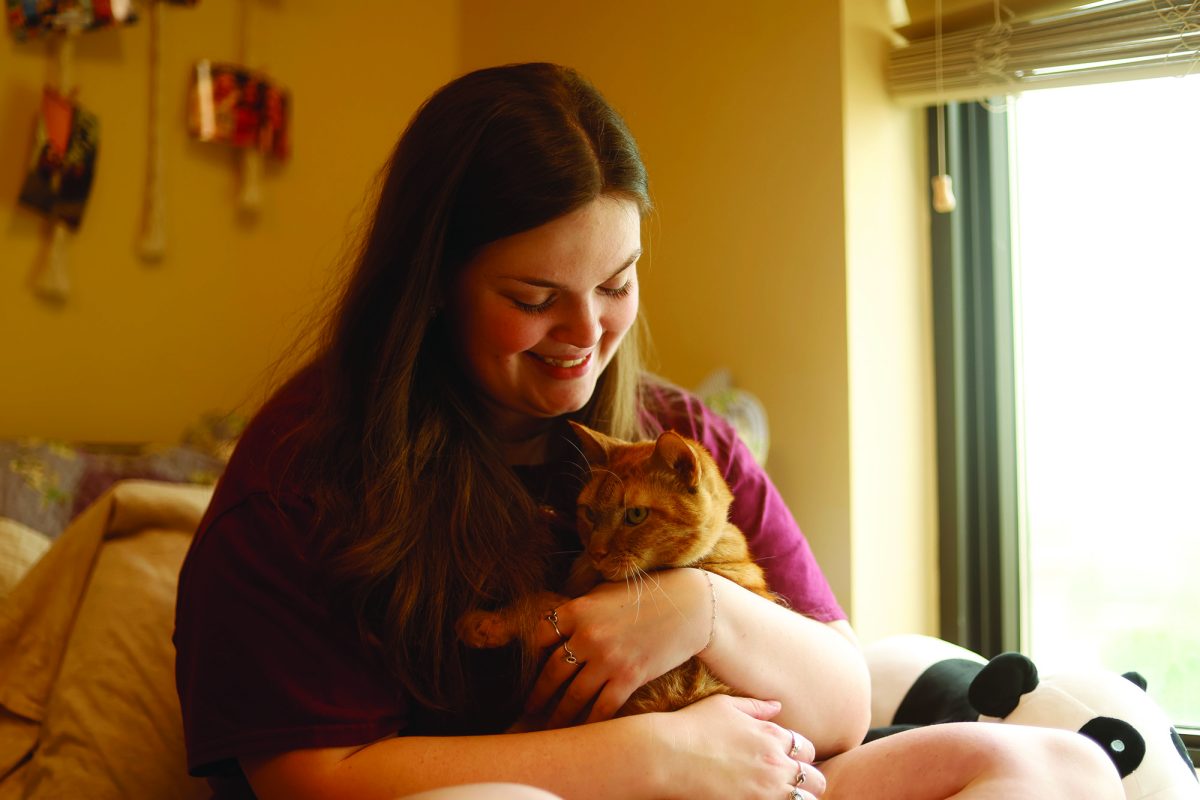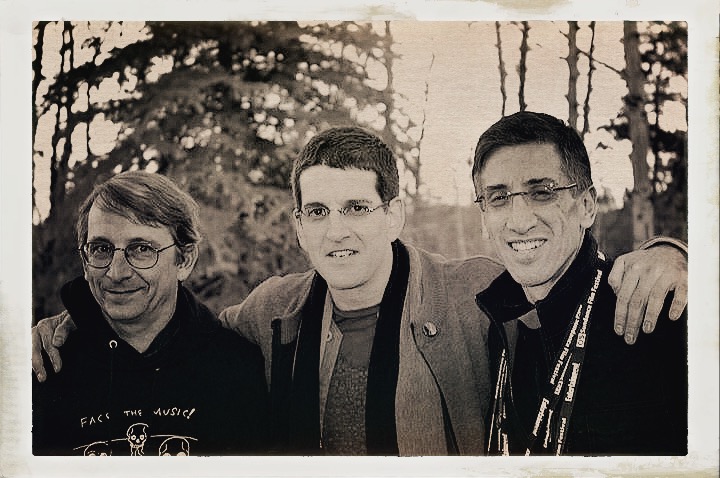Toads are on the brink of extinction, but Texas State is attempting to save the Houston toad found in neighboring cities.
Texas Park and Wildlife has teamed up with Texas State to begin the process of encouraging landowners living in the Houston toad range to comply with safe harbor agreements in Project Hops. Focusing on a small area is a good start to seeing if landowners will agree to the policies.
A safe harbor agreement is relevant for a minimum of 30 years. The agreement states private landowners have the right to practice their accustomed routines in taking care of their land as long as they simultaneously work to protect the toad population.
Zach Forsburg, organismal biology lab instructor, said one of the biggest things in striving to protect biodiversity is preserving land.
The captive breeding programs that help preserve biodiversity and release animals back into the wild are not consistently successful. The money spent on research could result in a complete waste of resources if the land the animals are being released into is not adequate for their survival.
“The small amount of toads in the wild leads to a big risk in genetic bottleneck and lack of genetic diversity amongst the species,” Forsburg said.
Paige Nugent, biology freshman, is taking organismal biology this semester and found this project interesting since her class is learning about genetic diversity and the dangers of species going extinct due to lack of resources.
“It makes sense for the project to revolve around the land because you wouldn’t want to move the toads from their natural habitat and rehabilitate them just for the species to not survive when put back,” Nugent said.
The overall premise of Project Hopps is to get one step closer to reviving the species of toad, but successfully making connections with private landowners for their cooperation. The ultimate driving force of the project is reaching out to landowners who have the ability to help without forcing their land into becoming a wildlife conservation site. Instead, it is vital to work alongside landowners to create a safe environment for the wildlife living in the area.
Assistant Professor Christopher Serenari, principal investigator of Project Hopps and of the Human Dimensions of Wildlife, emphasizes the idea of not only working out in the field for the project but bringing it home to Texas State in order to make it a local issue.
“It is important to me to let folks know we are doing this work, in wildlife and here at Texas State,” Serenari said.
Serenari said the size of their team grows constantly in order to meet the Aug. 31 deadline of completing the project, which started in January 2019.
No time was wasted spreading the word throughout the community. After a press release was posted mid-April about the research project, a landowner reached out to the team, asking to “toad-proof” their land in order to preserve the animals to the best of their ability.
Spreading the word about this project and adding more members to the team will allow the research project deadline to be met by the beginning of fall 2019.
Even though it is the first step of many, creating partnerships with the landowners is progress in saving the endangered species of toad from extinction. To learn more about the project or keep up with progress, contact Chris Serenari at c_s754@txstate.edu or Michelle Lute at mllute@txstate.edu.
Categories:
Texas State forms alliance to save endangered toad species
May 7, 2019
0
Donate to The University Star
Your donation will support the student journalists of Texas State University. Your contribution will allow us to purchase equipment and cover our annual website hosting costs.
More to Discover



